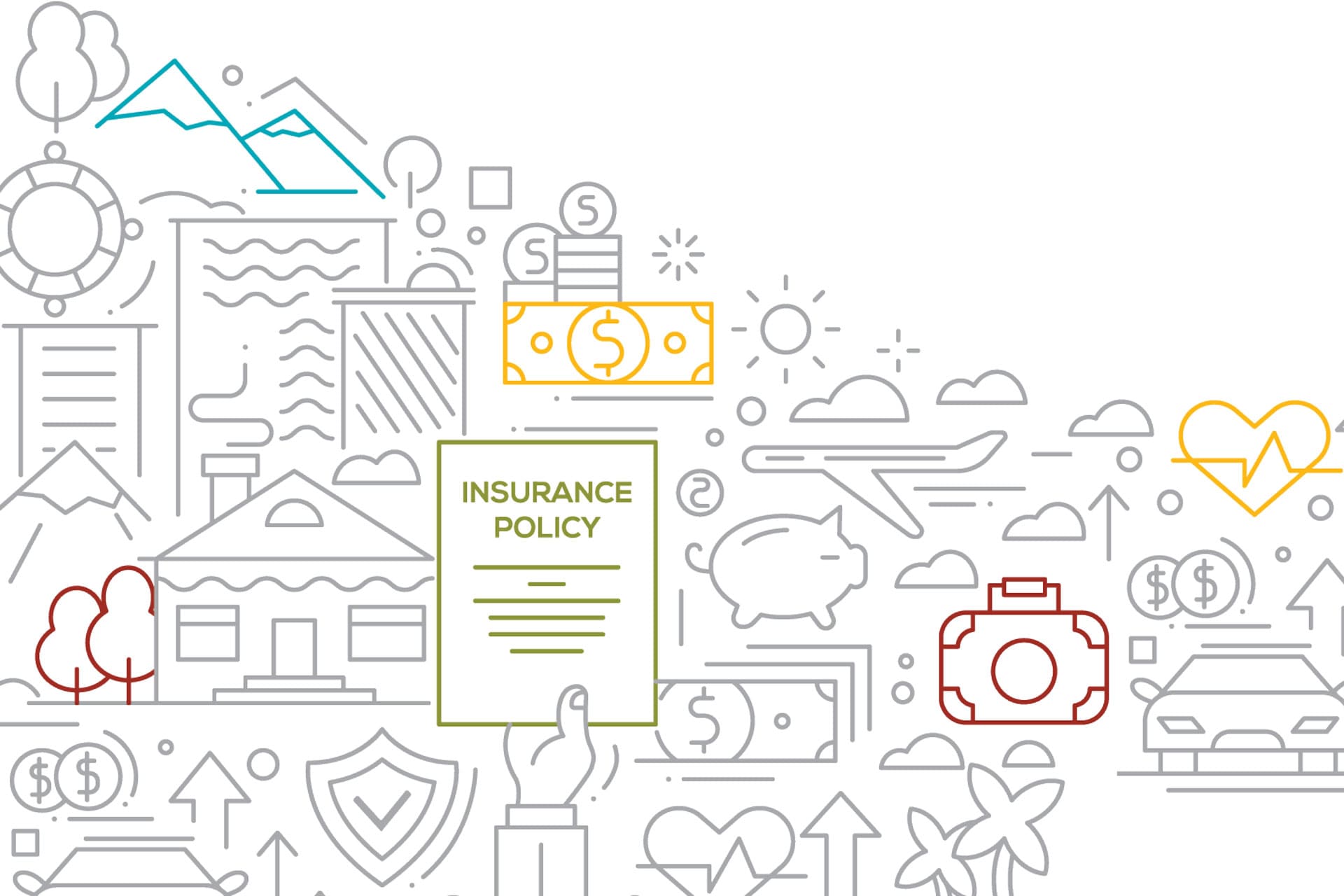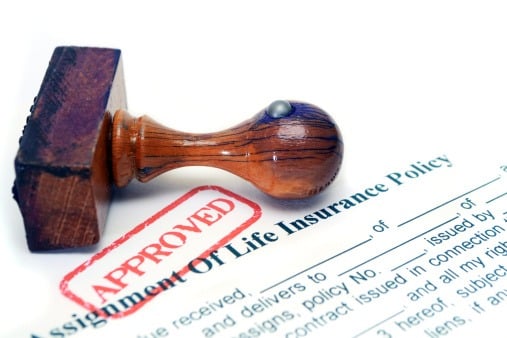An insurance bet is usually half your original wager and pays 2 to 1. The side bet is completed when the dealer's second card is revealed. If it's a ten, jack, queen or king, the dealer will make a blackjack and you will win the insurance bet. If not, you will lose the insurance bet and depending on your hand, may still win your original stake. Property insurance. Whether a business owns or leases its space, property insurance is a must. This insurance covers equipment, signage, inventory and furniture in the event of a fire, storm.

From the day an entrepreneur starts a , he exposes himself to certain risks. Even before the first employee is hired, a business is at , making it important to have the right in place. One lawsuit or catastrophic event could be enough to wipe out a before it even has a chance to get off the ground.

Fortunately, businesses have access to a wide range of insurance types to protect them against these dangers. Here are some insurance types that a business must have in place as soon as possible.
1. Professional liability insurance.
Professional liability insurance, also known as errors and omissions (E&O) insurance, covers a business against negligence claims due to harm that results from mistakes or failure to perform. There is no one-size-fits-all policy for professional liability insurance. Each industry has its own set of concerns that will be addressed in a customized policy written for a business.
Related: Do I Need Liability Insurance?
2. Property insurance.
Insurance Is Not A Gambling Explained
Whether a business owns or leases its space, property insurance is a must. This insurance covers equipment, signage, inventory and furniture in the event of a fire, storm or theft. However, mass-destruction events like floods and earthquakes are generally not covered under standard property insurance policies. If your area is prone to these issues, check with your insurer to price a separate policy.
3. Workers’ compensation insurance.
Insurance Is Not A Gambling Explaining
Once the first employee has been hired, workers’ compensation insurance should be added to a business’s insurance policy. This will cover medical treatment, disability and death benefits in the event an employee is injured or dies as a result of his work with that business. Even if employees are performing seemingly low-risk work, slip-and-fall injuries or medical conditions such as carpal tunnel syndrome could result in a pricey claim.
Related: Does Your Home Business Need Insurance?
4. Home-based businesses.
Many professionals begin their small businesses in their own homes. Unfortunately, homeowner’s policies don’t cover home-based businesses in the way commercial property insurance does. If you’re operating your business out of your home, ask your insurer for additional insurance to cover your equipment and inventory in the event of a problem.
5. Product liability insurance.
If your business manufactures products for sale on the general market, product liability insurance is a must. Even a business that takes every measure possible to make sure its products are safe can find itself named in a lawsuit due to damages caused by one of its products. Product liability insurance works to protect a business in such a case, with coverage available to be tailored specifically to a specific type of product.
6. Vehicle insurance.
If company vehicles will be used, those vehicles should be fully insured to protect businesses against liability if an accident should occur. At the very least, businesses should insure against third-party injury, but comprehensive insurance will cover that vehicle in an accident, as well. If employees are using their own cars for business, their own personal insurance will cover them in the event of an accident. One major exception to this is if they are delivering goods or services for a fee. This includes delivery personnel.
7. .
If a disaster or catastrophic event does occur, a business’s operations will likely be interrupted. During this time, your business will suffer from lost income due to your staff’s inability to work in the office, manufacture products or make sales calls. This type of insurance is especially applicable to companies that require a physical location to do business, such as retail stores. Business interruption insurance compensates a business for its lost income during these events.
By having the right insurance in place, a business can avoid a major financial loss due to a lawsuit or catastrophic event. Check with your insurer to find out what forms of insurance are advised for your type of business and put those plans in place as soon as possible.

Related: Business Interruption Insurance: What It Will -- and Won't -- Cover